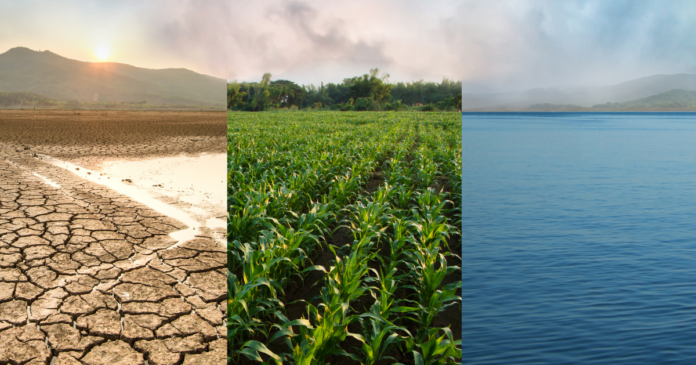The future of our climate is anticipated to be warmer, wetter, and more acidic. But if we take action now, we can dramatically mitigate its damaging effects.
The extent of future climate change will significantly depend on how much greenhouse gas emissions are reduced today. Certain populations, such as children, the elderly, individuals with certain health conditions, and outdoor workers, are particularly vulnerable to its impacts.
Future climate scenarios predict a rise in global temperatures, which can increase by 1.5 to 4.5 degrees Celsius by the end of the century. Extreme weather events such as heatwaves, droughts, and heavy precipitation, are also expected to become more frequent and severe.
Despite these predictions, there are steps to reduce the effects of climate change:
Reducing Fossil Fuel Use
One of the most important measures is reducing the use of fossil fuels. Many countries, including economic powerhouses and those with growing electricity demands, rely heavily on fossil fuels.
The burning of fossil fuels used for transportation, industrial processes, and building operations is the primary source of greenhouse gas emissions. To reverse this trend, the shift to renewable energy sources like solar, wind, geothermal, and biomass should be prioritized.
A published article by the UCAR Center for Science Education in Colorado, USA, stated that ” To stop climate change, we need to stop the amount of greenhouse gases, like carbon dioxide, from increasing. For the past 150 years, burning fossil fuels and cutting down forests, which naturally pull carbon dioxide out of the air, has caused greenhouse gas levels to increase.”
We play a vital role in reducing carbon footprints. Walking, cycling, or using public transportation such as trains and buses once in a while are effective strategies to lower global emissions.
Minimize Carbon Footprint
We play a vital role in reducing carbon footprints. Walking, cycling, or using public transportation such as trains and buses once in a while are effective strategies to lower global emissions.
Preserving our Oceans
Preserving our oceans is also considered an important step to address future climate conditions. Oceans are the largest natural reservoirs of greenhouse gases; illegal activities such as overfishing, unsustainable development, and dynamite fishing are practices that contribute heavily to climate change.
Water Conservation
Water conservation is likewise an essential step to mitigate the effects of climate change. Reducing water usage helps decrease energy consumption, minimizing greenhouse emissions. This is one reason why innovative strategies like reusing domestic wastewater and capturing stormwater are being pushed and implemented.
The future of our climate is anticipated to be warmer, wetter, and more acidic. But if we take action now, we can dramatically mitigate its damaging effects. We must be open to adopting renewable energy, embracing sustainable practices, and making lifestyle changes.
Together, we can work for a more sustainable future.



